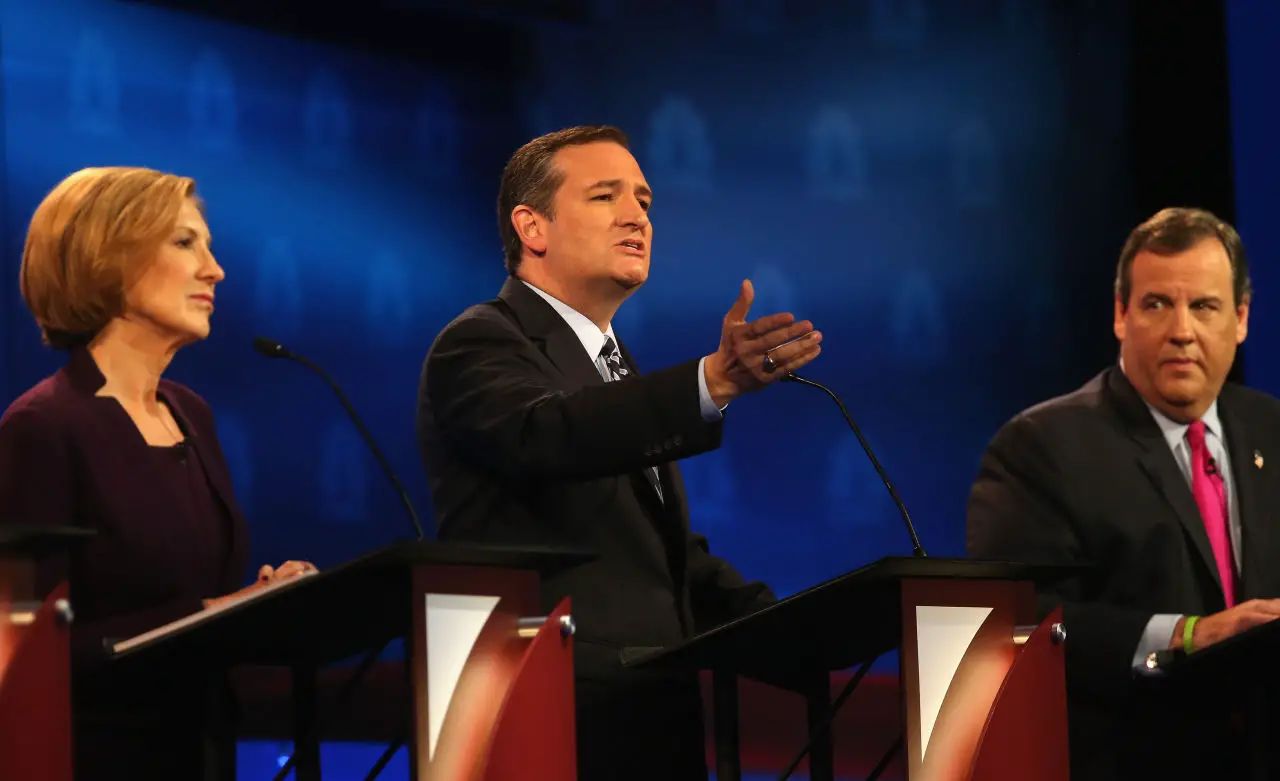Following Wednesday’s Republican debate, hosted by CNBC, several candidates launched into the Republican National Committee (RNC) over what they see as unfair and unfriendly debate environments. One of the most vocal critics pushing the effort is Ben Carson, who took personal offense to the tone and demeanor displayed by the moderators during several questions.
Report from Politico:
Republican presidential campaigns are planning to gather in Washington, D.C., on Sunday evening to plot how to alter their party’s messy debate process — and how to remove power from the hands of the Republican National Committee.
Not invited to the meeting: Anyone from the RNC, which many candidates have openly criticized in the hours since Wednesday’s CNBC debate in Boulder, Colorado — a chaotic, disorganized affair that was widely panned by political observers.
On Thursday, many of the campaigns told POLITICO that the RNC, which has taken a greater role in the 2016 debate process than in previous election cycles, had failed to take their concerns into account. It was time, top aides to at least half a dozen of the candidates agreed, to begin discussing among themselves how the next debates should be structured and not leave it up to the RNC and television networks.
The gathering is being organized by advisers to the campaigns of Donald Trump, Ben Carson, Bobby Jindal and Lindsey Graham, according to multiple sources involved in the planning. Others who are expected to attend, organizers say, are representatives for Carly Fiorina, Mike Huckabee, Rand Paul, Marco Rubio and Rick Santorum. The planners are also reaching out to other Republican candidates.
Clearly the way the candidates can alter the debate process is by refusing, en-masse, to abide by the RNC debate rules. If only one or two candidates boycott a debate over the format, they may be simply left off the stage while their GOP opponents get more face time. As a result, they probably won’t skip any important event. However, if the majority of candidates sign on to a demand for changes, the RNC could be left having to cancel debates or be open to demands if they want to keep the events interesting.
The major complaints from the CNBC debate were that of irritating moderator questions, constant candidate interruptions, an argumentative attitude from questioners, and an unequal distribution of talk time.
I’m not sure what is really going to change at this point, even with this many campaigns being involved with the discussion. The RNC will want to keep their media partners happy but without candidates, there is no debate. On the other hand, perhaps a compromise where candidates have some input on the moderator selection or more say over the rules. Even then, not everyone will be happy, but there is very little that can be done unless the campaigns organize their own events, which they’re barred from doing by the RNC lest they risk being penalized in the primary delegate process.
It’s a sticky situation but I have a hunch we’ll see some minor concessions in the upcoming debates to keep the campaigns happy while the format remains largely unchanged.
Donate Now to Support Election Central
- Help defend independent journalism
- Directly support this website and our efforts
